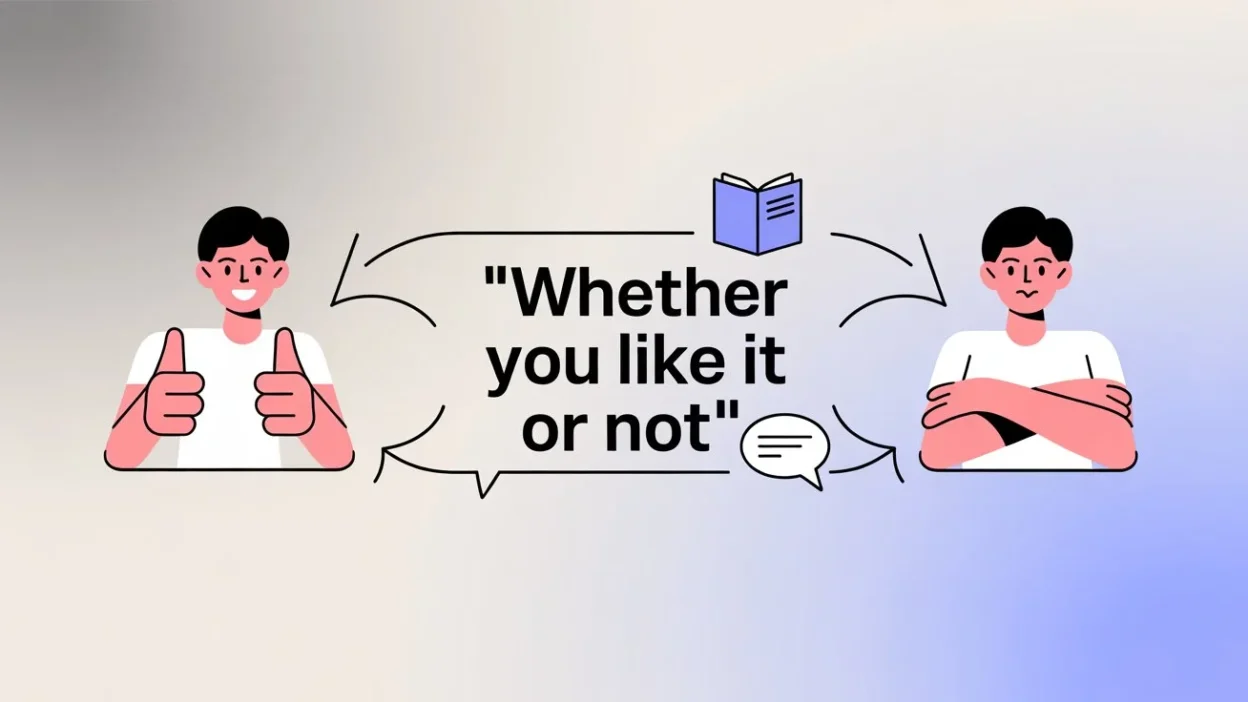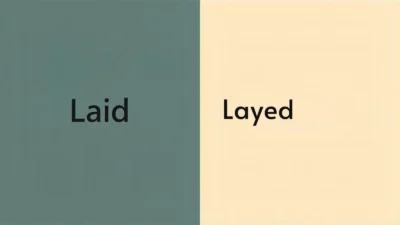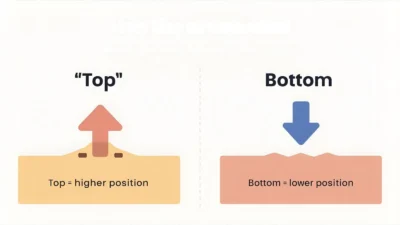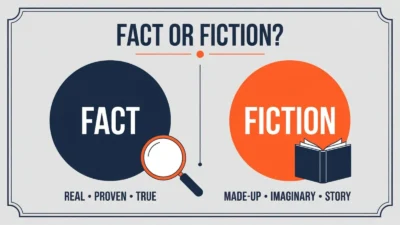Have you ever heard someone say, “It’s happening—whether you like it or not”? 😅
If you’ve wondered what it really means or if it sounds too direct, you’re in the right place. This quick guide is for English learners, students, and professionals who want to understand and use “whether you like it or not” confidently and correctly.
Whether You Like It or Not – Quick Answer 💡
The phrase “whether you like it or not” means something will happen regardless of your approval or preference.
Examples:
- The rules will be applied, whether you like it or not.
- We are leaving at 6 a.m., whether you like it or not.
It expresses certainty or inevitability — something that cannot be changed by opinion or emotion.
The Origin of “Whether You Like It or Not” 🕰️
The word “whether” comes from Old English hwæðer, meaning “which of the two.”
Over time, it began introducing alternatives, such as whether this or that.
The phrase “whether you like it or not” evolved as a rhetorical expression meaning “no matter your opinion.”
It has appeared in English literature and speech for centuries — often used to express determination or unavoidable facts.
British English vs. American English Spelling
Interestingly, there are no spelling differences between British and American English for this phrase. Both use:
✅ Whether you like it or not
However, the usage tone may differ slightly:
- In British English, it’s often seen in formal or polite writing.
- In American English, it’s more common in casual speech and media.
| Variation | UK Usage | US Usage | Correct Form |
|---|---|---|---|
| Whether you like it or not | ✔️ | ✔️ | Correct |
| Wether you like it or not | ❌ | ❌ | Incorrect |
| Weather you like it or not | ❌ | ❌ | Incorrect |
Which Spelling Should You Use? ✍️
Always write “whether you like it or not.”
- For a U.S. audience: keep it simple and conversational.
- For a U.K. or Commonwealth audience: it fits both formal and informal contexts.
- For a global audience: the phrase is universally understood — no need to adjust.
Common Mistakes with “Whether You Like It or Not” ⚠️
1. Spelling Errors
❌ wether you like it or not → “Wether” means a castrated sheep.
❌ weather you like it or not → “Weather” relates to climate.
✅ whether you like it or not → Correct and standard.
2. Overuse in Formal Writing
In academic or professional writing, it can sound too harsh or commanding. Use sparingly or replace it with softer alternatives like “regardless of your opinion.”
3. Mixing Tenses
❌ Whether you liked it or not, we are leaving now.
✅ Whether you like it or not, we are leaving now.
Keep the tense consistent with the main verb.
“Whether You Like It or Not” in Everyday Examples 💬
Here’s how it naturally appears across different settings:
- Email: This policy applies to all departments, whether you like it or not.
- News Headline: Taxes are going up, whether you like it or not.
- Social Media: Summer is over, whether you like it or not 😅.
- Formal Writing: The outcome will stand, whether you like it or not.
“Whether You Like It or Not” – Google Trends & Usage Data 📊
According to Google Trends, this phrase is most popular in:
- United States
- United Kingdom
- Canada
- Australia
It often spikes during:
- Political debates
- Sports commentary
- Social media discussions
| Keyword Variation | Popularity | Notes |
|---|---|---|
| whether you like it or not | High | Correct, widely used |
| wether you like it or not | Low | Common typo; incorrect |
| weather you like it or not | Medium | Misspelling from confusion |
| like it or not (short form) | High | Informal, widely used |
FAQs about “Whether You Like It or Not”
Q1. Is “whether you like it or not” grammatically correct?
✅ Yes, it’s completely correct and standard in English.
Q2. Can I use it in formal writing?
Yes, but use it sparingly. In academic writing, try softer alternatives like “regardless of preference.”
Q3. What’s the difference between “like it or not” and “whether you like it or not”?
Both express the same idea, but the longer version sounds slightly more formal.
Q4. Is it rude to say “whether you like it or not”?
It can sound blunt or firm, depending on tone. Use cautiously in sensitive contexts.
Q5. What are synonyms for this phrase?
- Regardless of your opinion
- No matter what
- Inevitably
Q6. Is “wether you like it or not” ever correct?
❌ No. Wether refers to a sheep, not a grammatical choice.
Conclusion ✅
The phrase “whether you like it or not” is powerful and assertive, showing that something will happen regardless of anyone’s opinion.
It’s often misspelled as wether or weather, but the correct form is always “whether.”
While there are no spelling differences between US and UK English, tone and context are key. In professional settings, soften it; in casual conversations, it adds confidence and emphasis.
So, next time you want to stress something inevitable — say it proudly:
“It’s happening, whether you like it or not.”

Hi, I’m Jason Carter, the author behind GrammarNestly.com.
I’m a grammar expert with a passion for helping readers understand the English language in a simple and practical way.
I love breaking down confusing grammar rules and turning them into easy, everyday lessons that anyone can follow.



